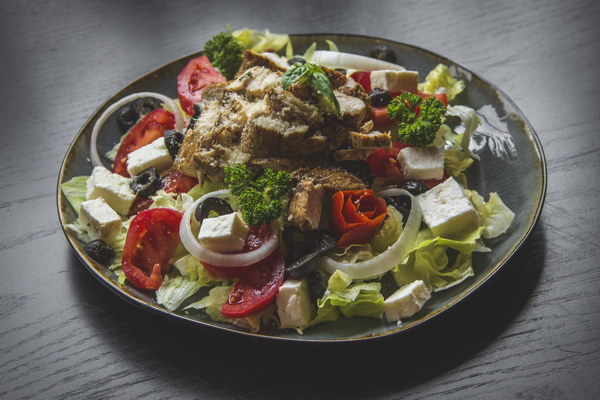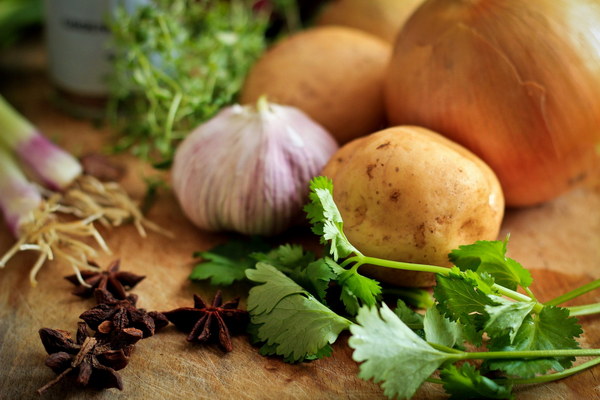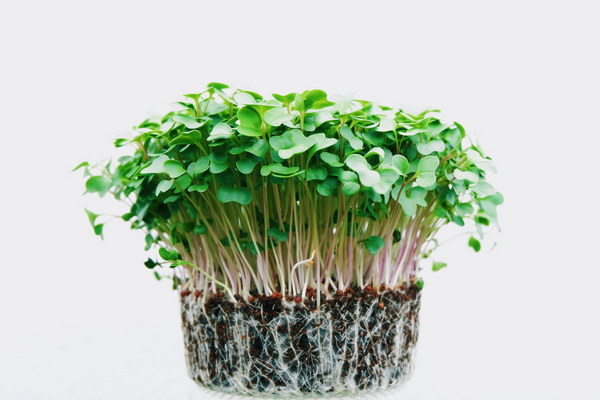Unveiling the Health Benefits Does Ghee Nourish the Liver and Strengthen the Spleen
In the realm of traditional medicine, ghee, also known as clarified butter, has been celebrated for its numerous health benefits. Derived from butter, ghee has been a staple in Ayurvedic medicine for centuries, and its usage extends beyond culinary purposes. One of the most sought-after benefits of ghee is its ability to nourish the liver and strengthen the spleen. In this article, we will delve into the scientific backing and traditional wisdom that supports the claim that ghee has a positive impact on liver and spleen health.
The Liver: The Body's Detoxification Center
The liver is an essential organ responsible for filtering blood, metabolizing nutrients, and detoxifying harmful substances. It plays a crucial role in maintaining overall health, and any impairment in its function can lead to a wide range of health issues. According to Ayurvedic principles, the liver is connected to the element of fire, and maintaining its balance is vital for overall well-being.
Ghee and Liver Health
Ghee is believed to have a cooling effect on the liver, which helps in reducing inflammation and promoting its optimal function. The presence of butyric acid, a short-chain fatty acid, is believed to be responsible for ghee's liver-boosting properties. Studies have shown that butyric acid can protect the liver cells from oxidative stress, thereby preventing liver damage.
Furthermore, ghee contains conjugated linoleic acid (CLA), which has been found to improve liver function and reduce the risk of liver diseases. CLA has anti-inflammatory properties and helps in regulating lipid metabolism, thereby reducing the risk of fatty liver disease.
The Spleen: The Body's Immune System Hub
The spleen is an important organ that plays a vital role in the body's immune system. It filters blood, stores red blood cells, and produces lymphocytes, which are crucial for fighting infections. In Ayurveda, the spleen is associated with the element of earth and is considered to be the seat of ojas, a vital life force.
Ghee and Spleen Health
Ghee is believed to have a strengthening effect on the spleen, which is why it is often recommended for individuals with spleen-related issues. Its cooling properties help in reducing inflammation and promoting the spleen's optimal function.
Traditional wisdom suggests that ghee helps in increasing the production of ojas, thereby enhancing the immune system. It is also believed to improve digestion and absorption of nutrients, which is essential for the healthy functioning of the spleen.

Scientific Evidence
While traditional medicine has long attributed health benefits to ghee, modern science is also beginning to validate its claims. Studies have shown that ghee contains several bioactive compounds that can positively impact liver and spleen health:
1. Medium-chain triglycerides (MCTs): MCTs are a type of fat that is easily digested and absorbed by the body. They have been found to improve liver function and reduce the risk of liver diseases.
2. Vitamin A: Ghee is a rich source of vitamin A, which is essential for maintaining the health of the liver and spleen. Vitamin A helps in detoxifying the liver and supports the immune system.
3. Butyric acid: As mentioned earlier, butyric acid has been found to have liver-boosting properties. It also plays a role in maintaining the health of the gut, which is crucial for the proper functioning of the spleen.
Conclusion
Ghee has been a staple in traditional medicine for centuries, and its ability to nourish the liver and strengthen the spleen is well-documented in both Ayurveda and modern science. With its cooling properties and numerous bioactive compounds, ghee can be a valuable addition to a healthy diet. However, it is important to consult with a healthcare professional before incorporating ghee into your diet, especially if you have pre-existing health conditions or are taking medication.









